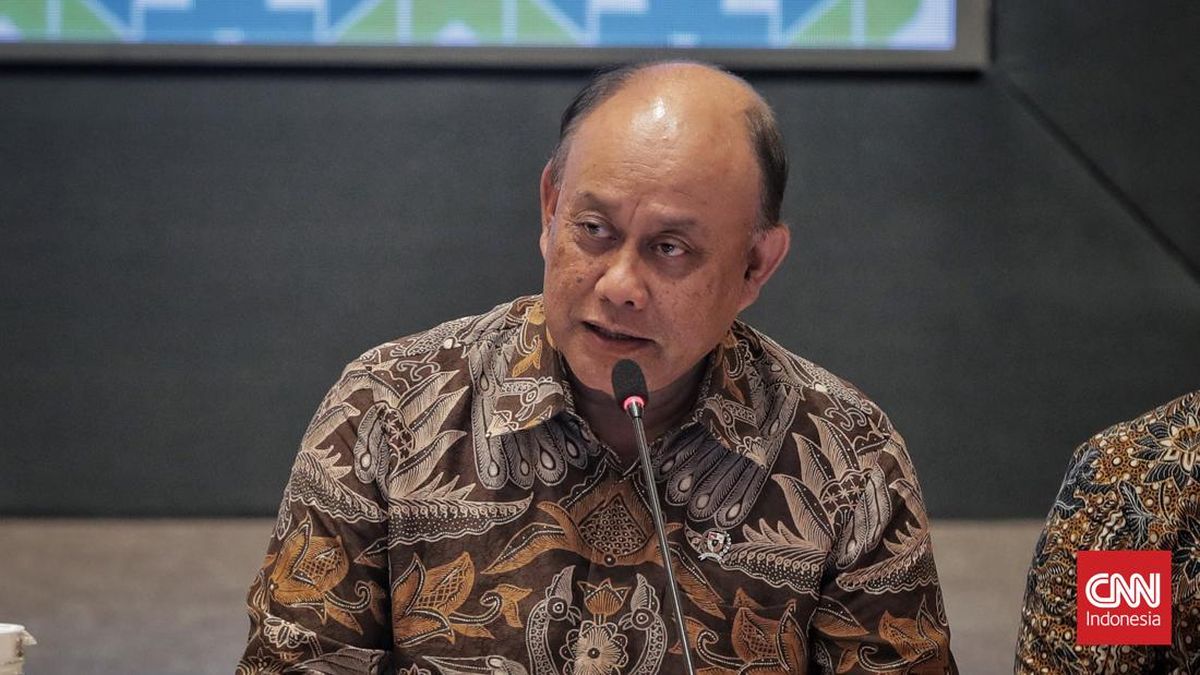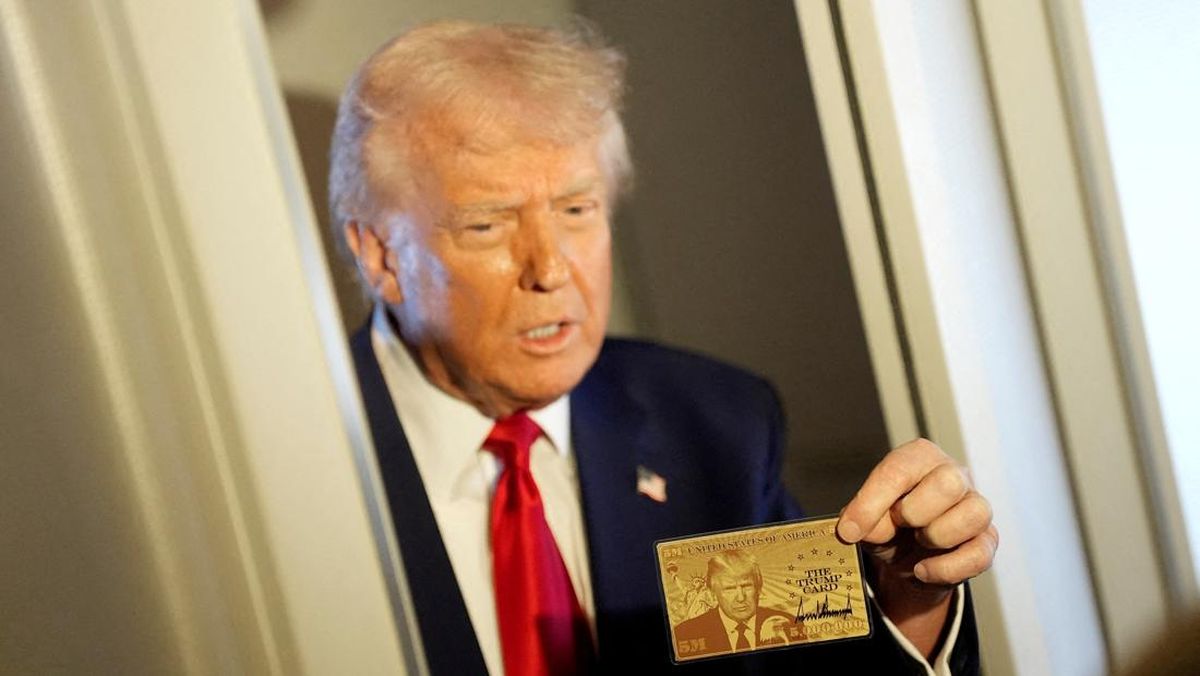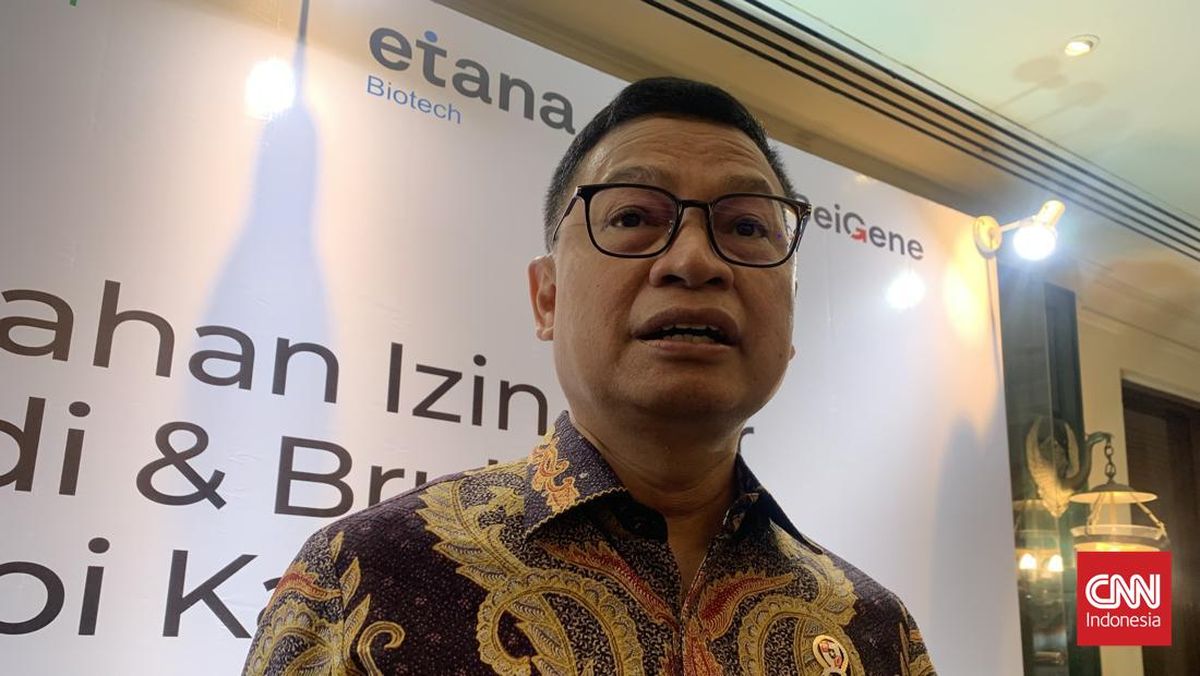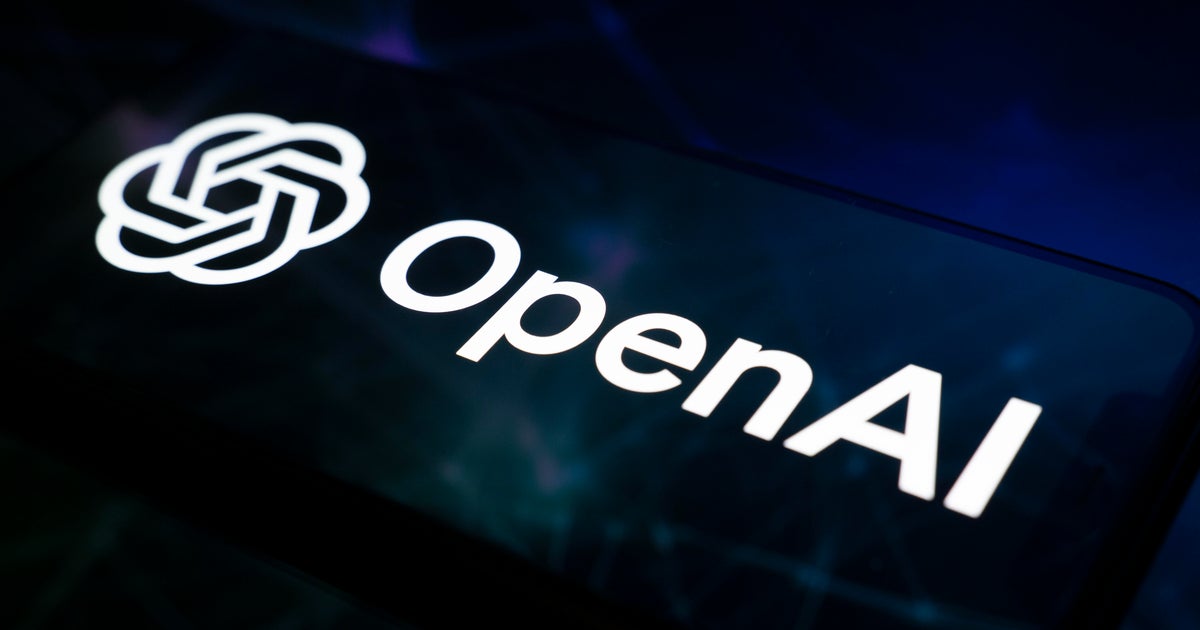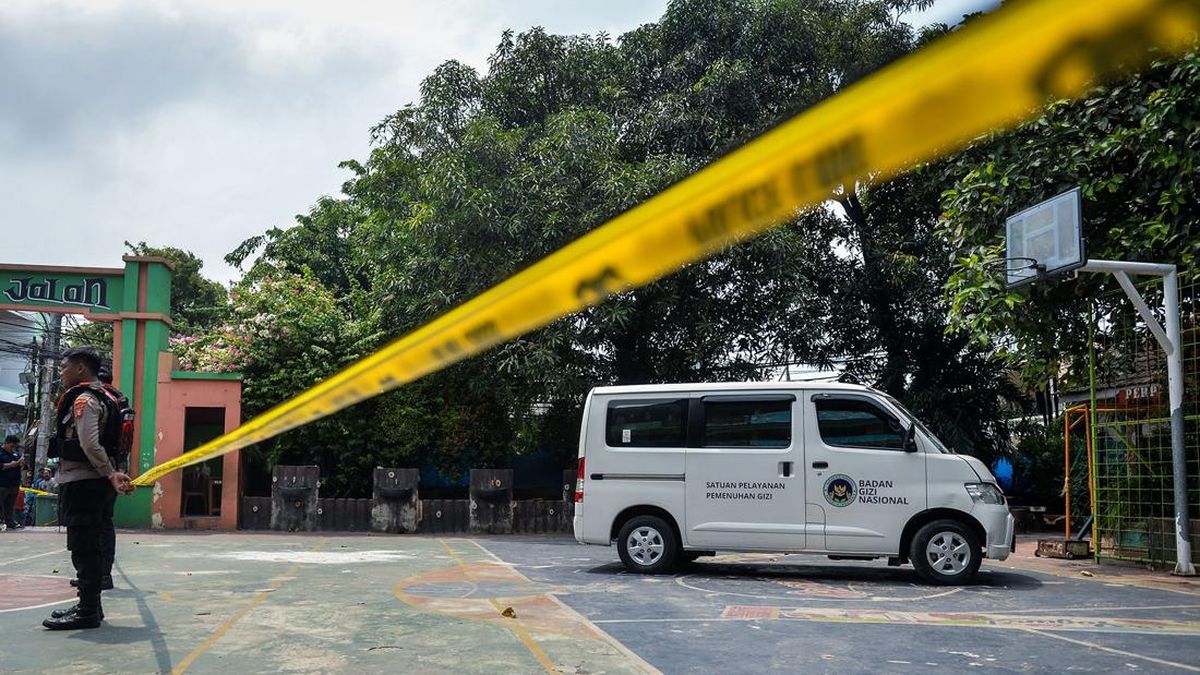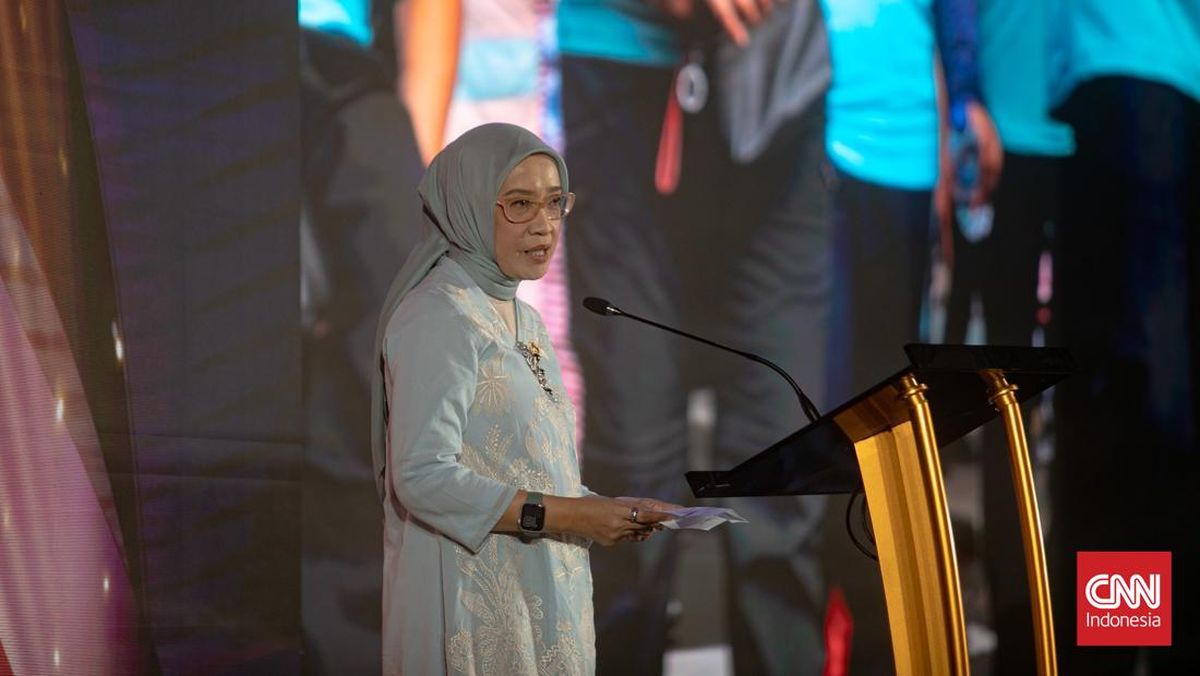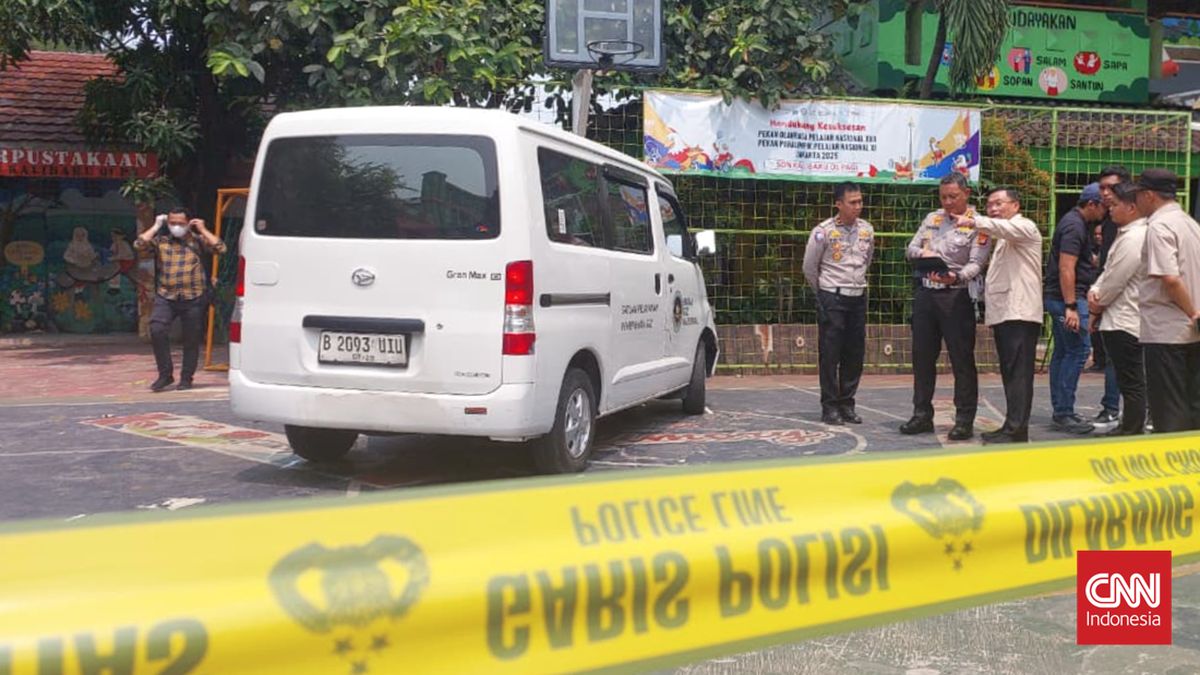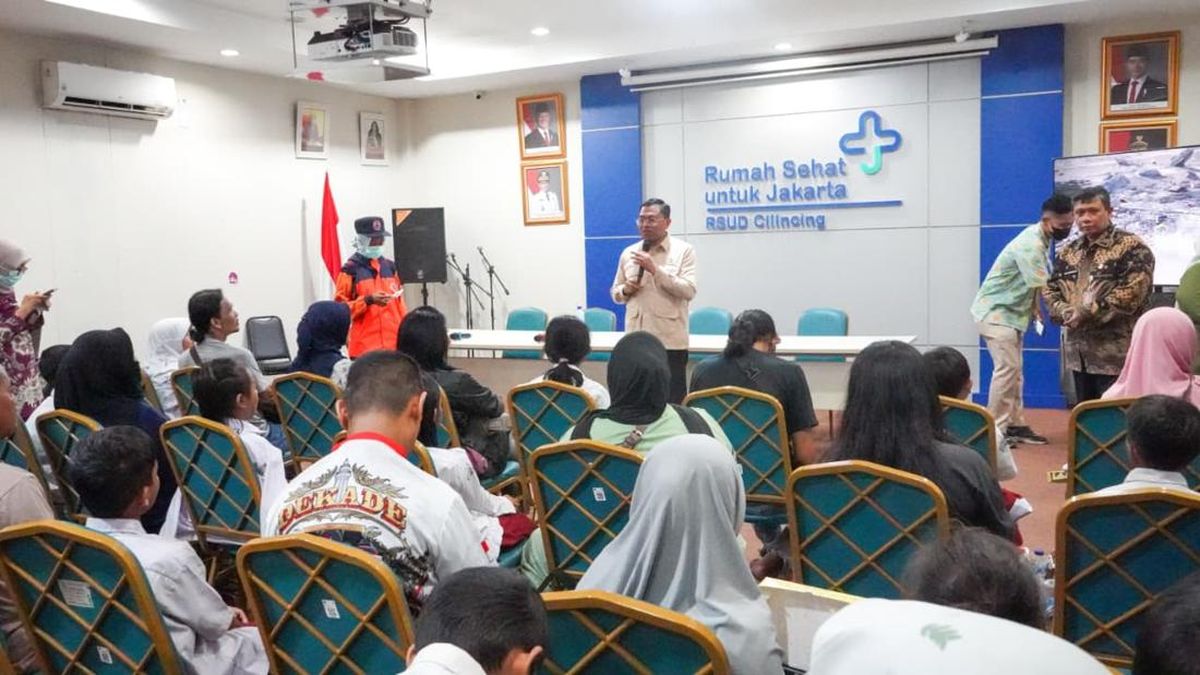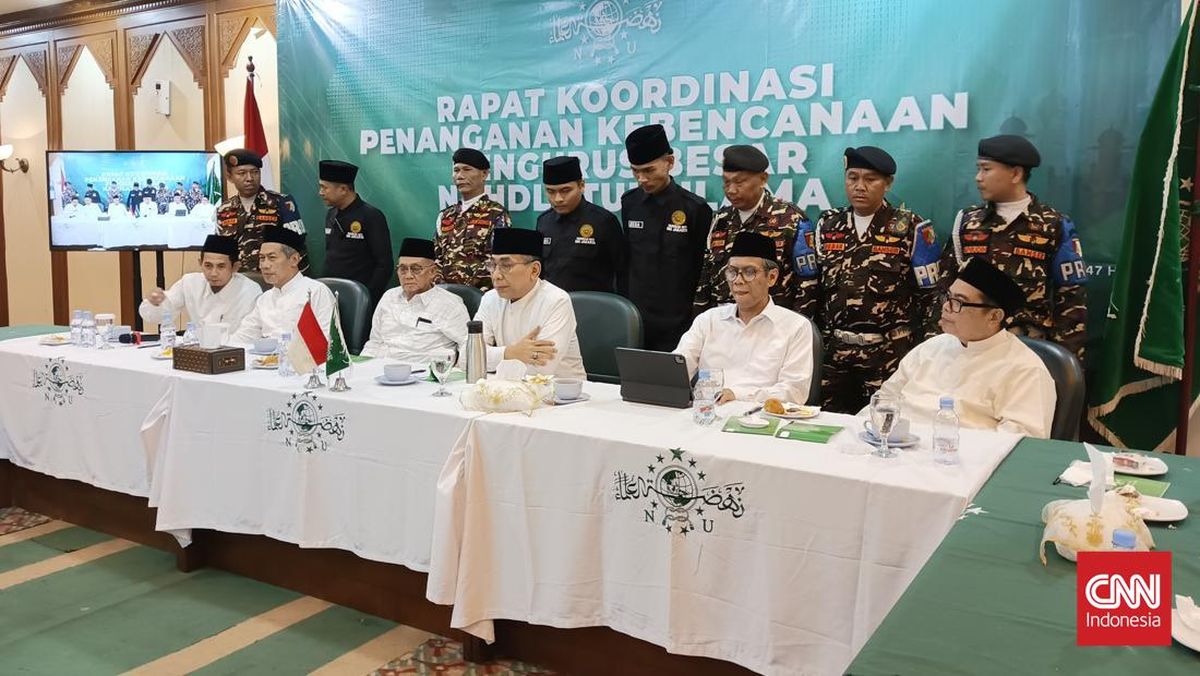A Florida judge on Tuesday temporarily blocked the planned transfer of prime downtown Miami land for Donald Trump's future presidential library.
Ruling emphasizes non-political nature
The move by Circuit Judge Mavel Ruiz came after a Miami activist alleged that officials at Miami Dade College violated Florida's open government law when they gifted the sizable plot of real estate to the state, which then voted to transfer it to the foundation for President Trump's planned library.
"This is not an easy decision," Ruiz said Tuesday when explaining her ruling from the bench.
"This is not a case, at least for this court, rooted in politics," she added.
Valuable property at the heart of dispute
The nearly 3-acre (1.2-hectare) property is a developer's dream and is valued at more than $67 million, according to a 2025 assessment by the Miami-Dade County property appraiser.
One real estate expert wagered that the parcel—one of the last undeveloped lots on an iconic stretch of palm tree-lined Biscayne Boulevard—could sell for hundreds of millions of dollars more.
Lawsuit alleges violations of open government laws
Marvin Dunn, an activist and chronicler of local Black history, filed a lawsuit this month in a Miami-Dade County court against the Board of Trustees for Miami Dade College, a state-run school that owned the property.
He alleges that the board violated Florida's Government in the Sunshine law by not providing sufficient notice for its special meeting on Sept. 23, when it voted to give up the land.
A week later, Florida Republican Gov. Ron DeSantis and the Florida Cabinet voted to transfer the land again, effectively putting the property under the control of the Trump family when they deeded it to the foundation for Trump's library.
The foundation is led by three trustees: Eric Trump, Tiffany Trump's husband, Michael Boulos, and the president's attorney James Kiley.
Attorney stresses public's right to transparency
Richard Brodsky, an attorney for Dunn, said the issue before the court was not a question of politics, but whether the public board followed the open government law.
"The people have a right to know what they're going to decide to do when the transaction is so significant, so unusual and deprives the students and the college of this land," Brodsky said.


